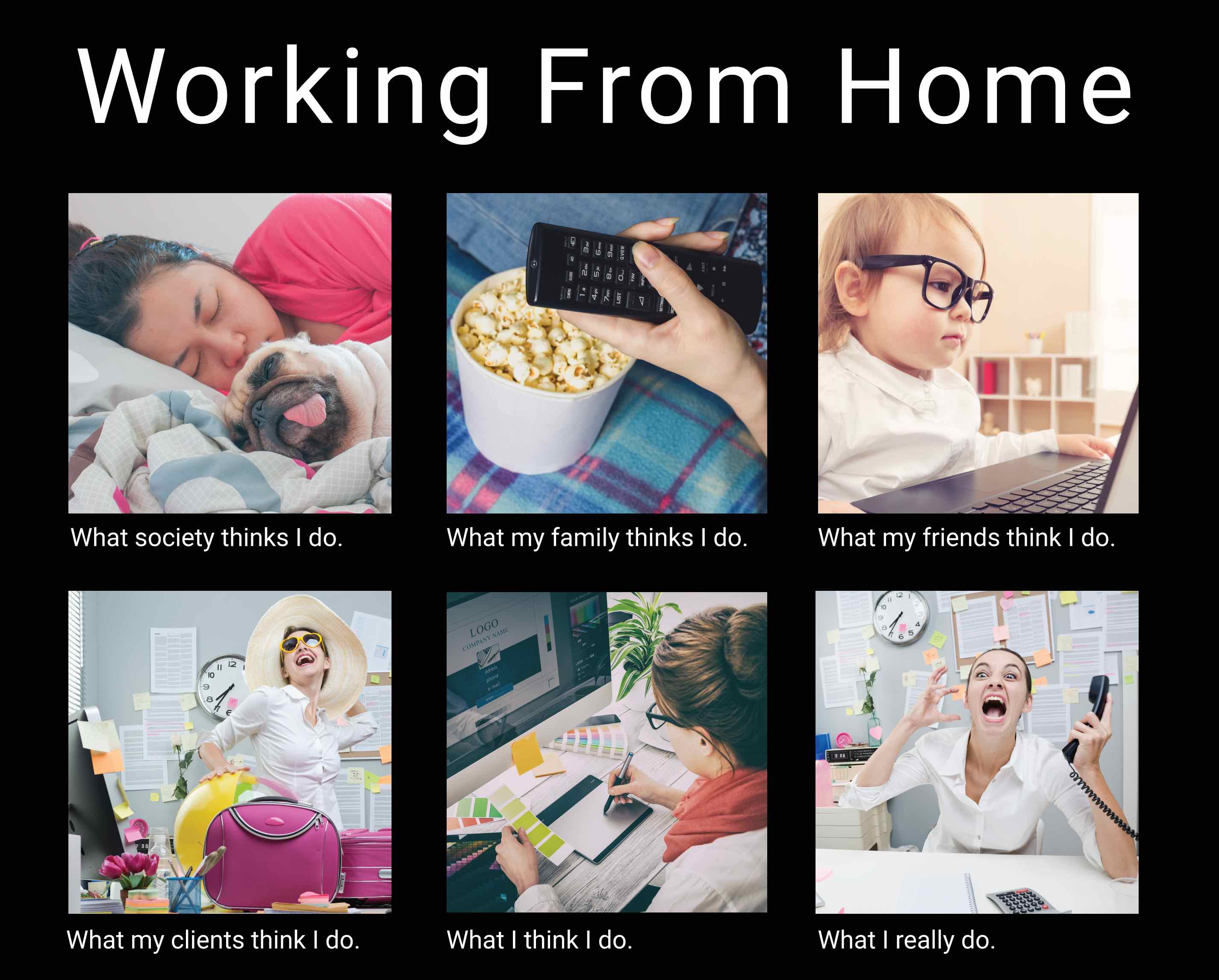The Impact on Work-Life Balance

The allure of a home office in your bedroom might seem appealing, promising convenience and flexibility. However, this seemingly practical setup can have significant repercussions on your work-life balance, potentially leading to longer work hours, increased stress, and a diminished sense of well-being.
The lack of physical separation between your workspace and personal space can blur the lines between work and life, making it difficult to switch off mentally. This can lead to a constant feeling of being “on” and a struggle to truly relax and unwind after work hours.
The Impact on Sleep Quality and Relaxation
The blurred lines between work and personal life can have a detrimental impact on your sleep quality and overall relaxation. When your bedroom is also your office, it can be difficult to create a clear mental distinction between work and rest. This can make it challenging to wind down in the evening and fall asleep, as your mind may still be preoccupied with work-related thoughts.
The presence of work-related stimuli, such as your computer, paperwork, or even the sight of your desk, can act as constant reminders of your work responsibilities, keeping your mind active even when you are trying to relax.
“Research has shown that people who work from home are more likely to experience insomnia and other sleep problems than those who work in traditional office settings.” – American Academy of Sleep Medicine
This can lead to a vicious cycle, where poor sleep quality contributes to increased stress and decreased productivity, further blurring the lines between work and life.
Productivity and Focus: Home Office In Bedroom Bad Idea

The allure of working from the comfort of your bedroom can be tempting, but it’s crucial to acknowledge the potential impact on your productivity and focus. While a bedroom office might seem convenient, the distractions present in this space can significantly hinder your ability to concentrate and complete tasks effectively.
Potential Distractions in a Bedroom Office
The presence of distractions in a bedroom office can significantly impede productivity and focus. Unlike a dedicated workspace, a bedroom is often associated with relaxation and leisure, making it difficult to switch gears into a work mindset. Common distractions include:
- Television: The temptation to watch television while working can be overwhelming, especially when the allure of entertainment is just a few steps away.
- Personal Belongings: Clothes, books, and other personal items can easily become a source of distraction, pulling your attention away from your work tasks.
- Bed: The mere presence of your bed can be a significant distraction, especially when fatigue sets in. The allure of a quick nap or a comfortable rest can easily lead to procrastination and a decrease in productivity.
Impact of a Bedroom Office on Focus and Procrastination
The blurred lines between work and personal life in a bedroom office can lead to procrastination and difficulty focusing on work tasks. This is due to the psychological association of the bedroom with relaxation and leisure. The brain struggles to distinguish between work and rest modes, leading to decreased focus and an increased tendency to procrastinate.
Creating a Productive and Focused Work Environment, Home office in bedroom bad idea
Despite the challenges, it is possible to create a productive and focused work environment in a bedroom office. By implementing these strategies, you can minimize distractions and maximize your productivity:
- Dedicated Desk: Establish a dedicated workspace within your bedroom. This could be a desk, a table, or even a small corner that you designate as your work area. This creates a visual and mental separation between work and personal space, helping you to focus better.
- Noise-Canceling Headphones: Invest in a pair of noise-canceling headphones to block out distractions and create a more focused work environment. This can help you concentrate on your tasks, even in a noisy environment.
- Clear Boundaries: Establish clear boundaries between work and personal time. This could involve setting specific work hours, taking breaks, and avoiding work-related activities outside of your designated work hours. This helps to maintain a healthy work-life balance and prevent burnout.
Professionalism and Image

Having your home office in your bedroom can potentially impact your professional image and how clients perceive you. While working from home offers flexibility, it’s crucial to maintain a professional appearance, especially during virtual meetings.
A dedicated workspace separate from your bedroom fosters a more professional environment and helps maintain a clear distinction between work and personal life.
Impact on Professional Image
The choice of a bedroom office can inadvertently create a less professional impression during virtual meetings. For instance, having a messy bedroom in the background can distract participants and make you appear unprofessional.
Here are some examples:
- A cluttered bedroom with clothes strewn about can make it difficult for clients to focus on the meeting.
- A bed in the background can make it seem like you are not taking the meeting seriously.
- Personal items like family photos or posters can create a sense of informality that may not be appropriate for all business interactions.
These examples highlight the importance of maintaining a professional environment during virtual meetings.
Benefits of a Dedicated Workspace
Having a dedicated workspace outside your bedroom offers numerous benefits in terms of professionalism and productivity.
- A dedicated workspace helps you mentally transition into work mode, allowing you to focus better.
- A professional-looking background during virtual meetings can enhance your credibility and build trust with clients.
- It creates a clear boundary between work and personal life, promoting a healthier work-life balance.
A dedicated workspace can be a simple desk in a spare room, a home office, or even a corner of your living room, as long as it’s free from distractions and provides a professional backdrop.